A Wake Up Call from Nature

“What we are doing to the forests of the world is but a mirror reflection of what we are doing to ourselves and to one another.”
– Mahatma Gandhi
In 2019, over-industrialization and urbanization saw the devastation of vast swathes of the Amazon rainforest and forests in Australia. As the earth’s lungs burnt to ashes, their respective heads of state blamed everybody but their own greed for the tragedies. While people mourn the loss of lives and property, nobody spares a thought for the innumerable flora and fauna that perished. Endangered species have been pushed to—or worse, over—the brink of extinction.
Closer home, we have had red flags such as Delhi’s air pollution, Eastern India’s untimely cyclones, Mumbai’s rising sea level and Chennai’s depleted freshwater reserves, among others.
And yet, humanity marched on, scrolling past these warning bells of disaster on their social media feeds and joking about a climate change-induced apocalypse, till a pandemic brought everything to a standstill. It gave humanity time to rethink, and the earth, time to heal.
Moreover, it is high time that this generation wake up from its wide-eyed slumber and address climate change as an immediate catastrophe before it actually becomes one.
This World Environment Day, here is a list of books to help you on the path to conservation:
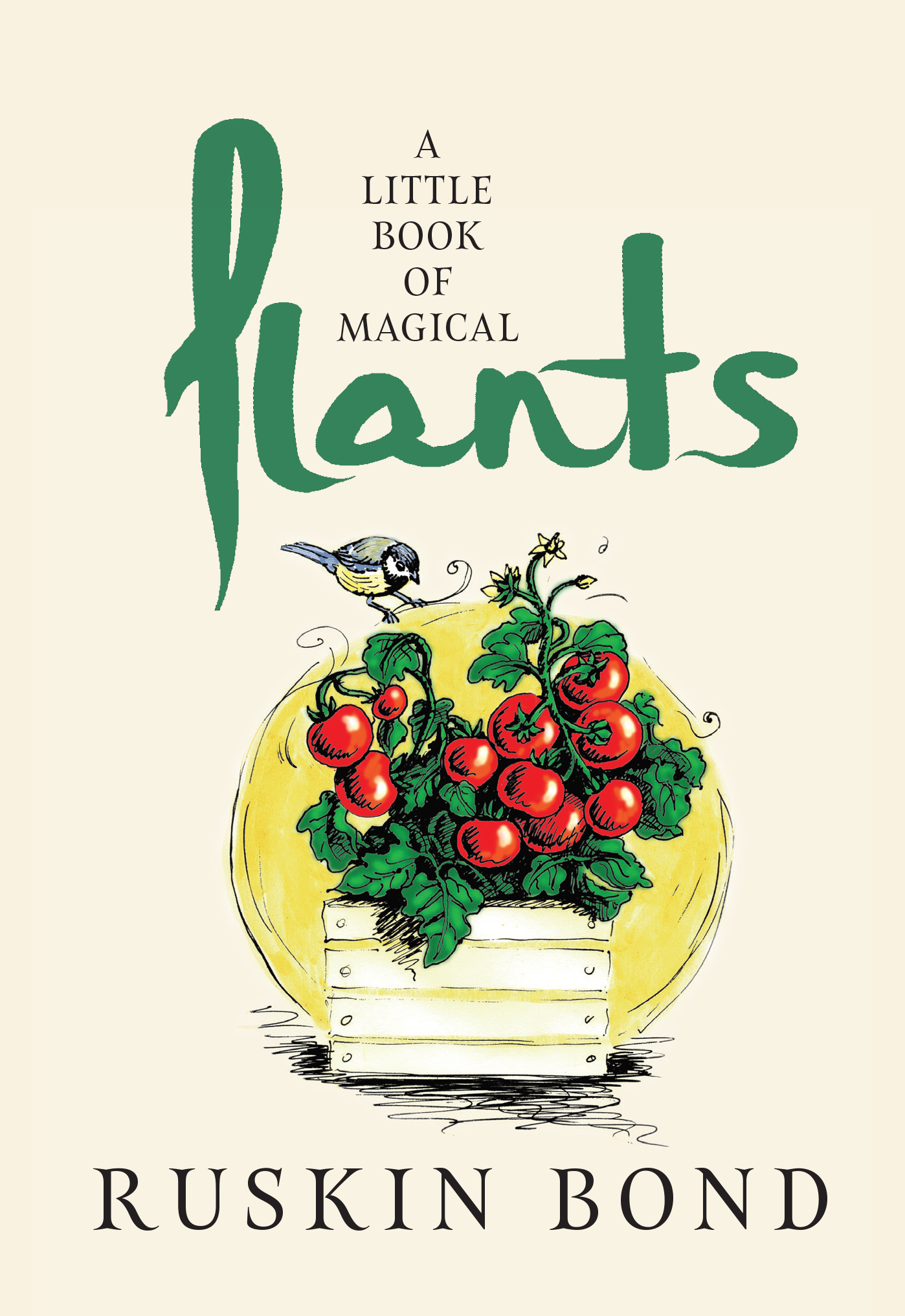
A Little Book of Magical Plants: In this little book full of whimsical illustrations and thoughtful quotations, Ruskin Bond introduces us to his favourite plants. Meet the resilient rubber, the tantalizing tomato, the generous grass, the dainty dahlia, the nifty neem and many others. Bond’s simple and descriptive prose brings these apparently inanimate beings alive—each with a distinct identity, a singular quirk. A Little Book of Magical Plants is a handy guide to discover more about this often ignored world of ‘green growing things’.
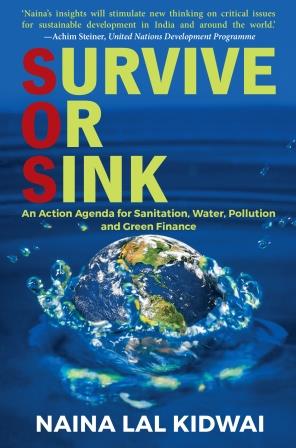
Survive or Sink: This book is a wake-up call in these environmentally troubled times, in tackling issues that threaten India and the planet. The book underscores the role that citizens, industry, civil society, media and the government need to play in collaboration with each other to address poor sanitation, water and pollution, thus improving human well-being, health, and thereby also reducing the impact of climate change.
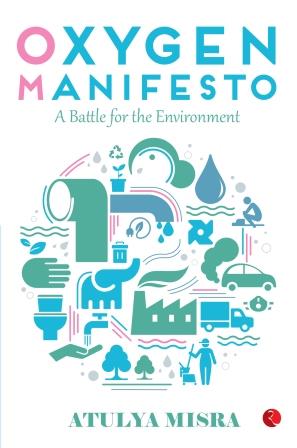
Oxygen Manifesto: This bookis an engaging story about environmental degradation and the impact of the Anthropocene. It exposes the myth around wealth creation and the paradigm of economic growth. It also plants a development narrative that is environment-centric—an idea which is considered fringe in today’s times, but is bound to emerge as a mainstream thought in the future. The story also has an undercurrent of minimalism and veganism, as opposed to consumerism and wasteful consumption. This is a must-read for anyone who cares about the future of human civilization.
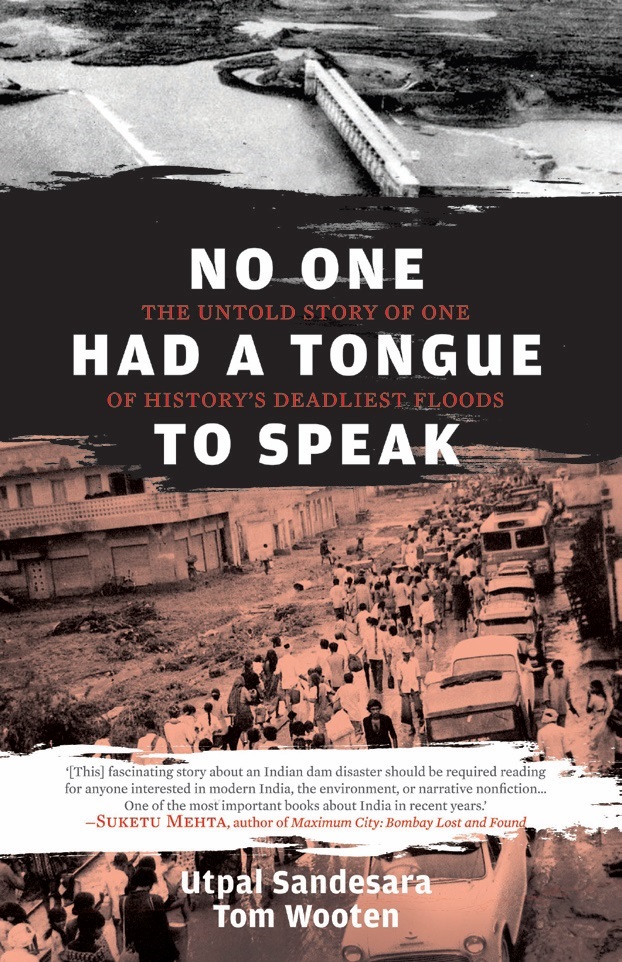
No One Had a Tongue to Speak: ‘[This] fascinating story about an Indian dam disaster should be required reading for anyone interested in modern India, the environment, or narrative nonfiction… One of the most important books about India in recent years.’ Grounded in meticulous archival research, this eye-opening account of the Machhu dam disaster unfolds almost like a novel as it recounts a historic human tragedy and its aftermath. No One Had a Tongue to Speak paints a vivid portrait of an India torn between its feudal past and its industrial future, and the consequences of rapid yet short-sighted growth.
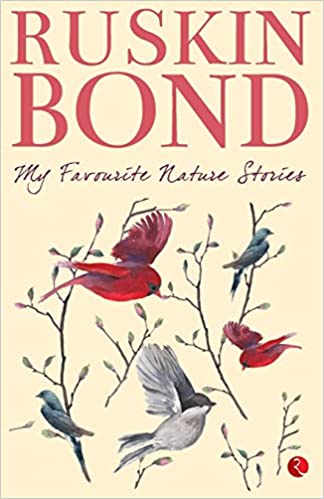
My Favourite Nature Stories: In this charming collection, Ruskin Bond talks about his various encounters with the natural world. From the chorus of cicadas to the song of the whistling thrush, from his love for sea shells to his favourite place on earth, Bond details why he has such an overwhelming love for nature. This book is for all who cherish the green world, just as Bond does.
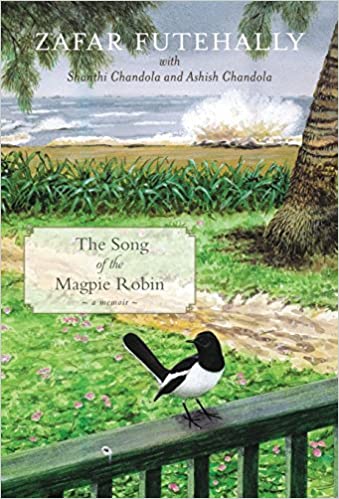
The Song of the Magpie Robin: Zafar accompanied Salim Ali on his expeditions and helped him ring birds, collect specimens and take notes. On these field trips, he came in contact with some of the world’s foremost naturalists and conservationists—Dillon Ripley, Loke Wan Tho, Richard Fitter and Sir Peter Scott amongst others. These associations helped Zafar develop a nuanced, far-ranging understanding of ornithology as well as of the natural world. This, together with his diplomatic skills, made him a vital consensus-builder on matters relating to conservation. Witty, humble and deeply thoughtful, this book is a vibrant portrait of a man of principle, who spent his entire life striving to find a balance between development and nature conservation.
Happy World Environment Day!

